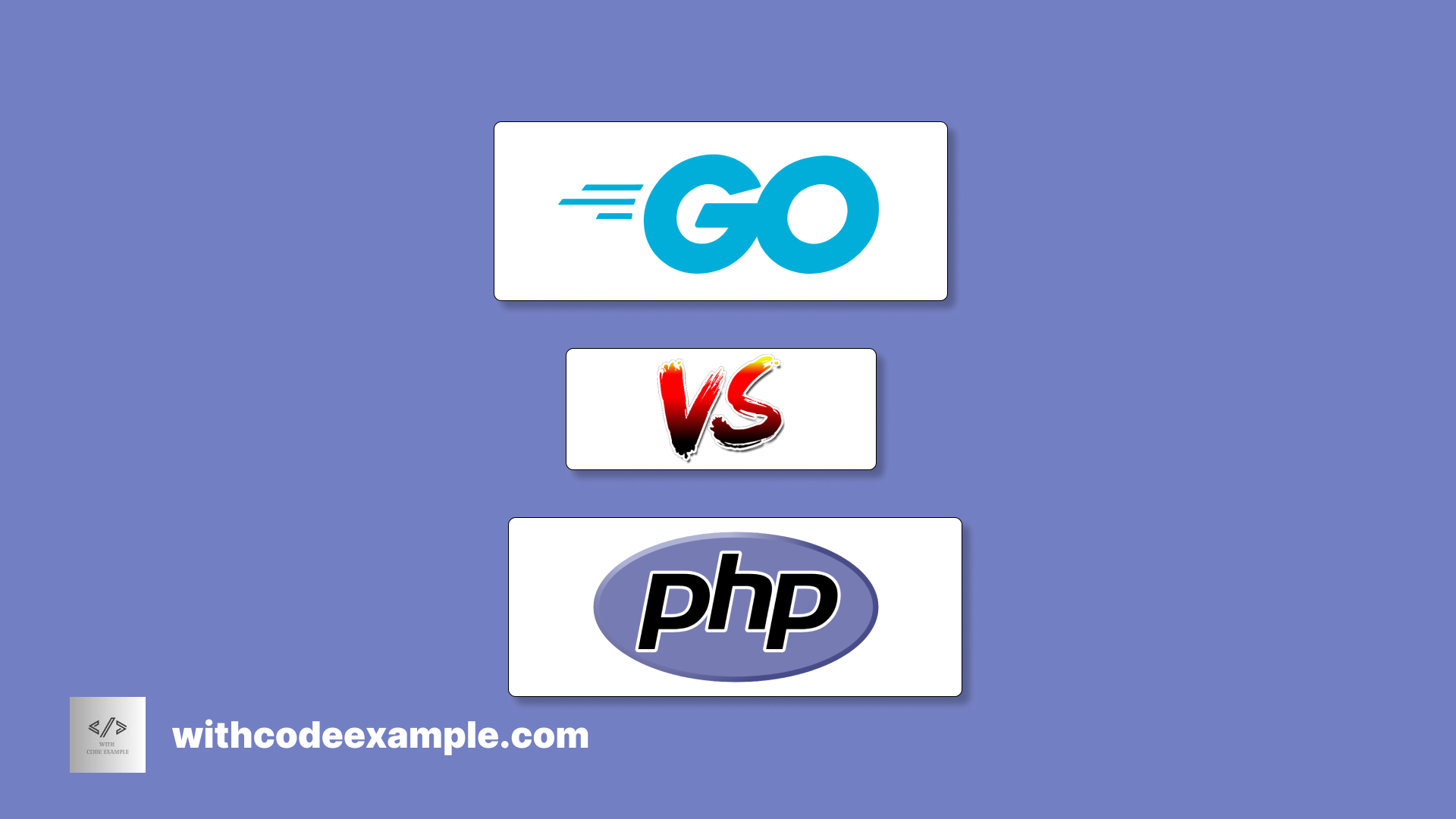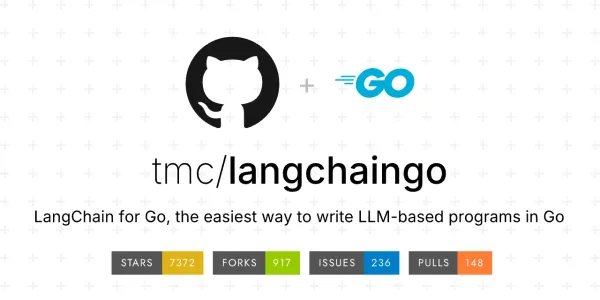Golang vs PHP Performance Comparison

When it comes to building scalable and high-performance web applications, choosing the right programming language is crucial. Golang (also known as Go) and PHP are two popular choices among developers. In this blog post, we'll dive into a performance comparison between Golang and PHP, exploring their strengths, weaknesses, and use cases.
Overview of Golang and PHP
Golang
Golang is a statically typed, compiled language developed by Google in 2009. It's designed to be efficient, simple, and easy to use, with a focus on building scalable and concurrent systems. Golang's performance is boosted by its compilation to native code, lightweight goroutine scheduling, and efficient memory management.
PHP
PHP is a dynamically typed, interpreted language that's been a cornerstone of web development since its inception in 1994. It's known for its ease of use, flexibility, and extensive ecosystem of libraries and frameworks. PHP's performance has improved significantly over the years, thanks to opcode caching and Just-In-Time (JIT) compilation.
Performance Comparison
Concurrency
Golang's concurrency model is one of its strongest suits. Goroutines are lightweight threads that can be scheduled and managed efficiently, allowing for seamless concurrent execution. PHP, on the other hand, has traditionally relied on process-based concurrency, which can be heavier and more resource-intensive. However, recent PHP versions have introduced fibers, which provide a more lightweight concurrency model.
Memory Usage
Golang's memory management is designed to be efficient and minimize garbage collection overhead. Its statically typed nature and compilation to native code help reduce memory usage. PHP, being dynamically typed and interpreted, tends to consume more memory, especially when dealing with large datasets.
Execution Speed
Golang's compilation to native code gives it a significant edge in execution speed. PHP's interpretation and dynamic typing can lead to slower execution, although opcode caching and JIT compilation have mitigated this issue to some extent.
Benchmarks
Several benchmarks have been conducted to compare the performance of Golang and PHP. Here's a summary of some notable results:
- Hello World Benchmark: Golang outperforms PHP in a simple "Hello World" benchmark, with Golang handling around 25,000 requests per second versus PHP's 3,000 requests per second (using PHP-FPM and Nginx).
- Database Benchmark: In a database-intensive benchmark, Golang's performance advantage becomes more pronounced, handling around 10,000 requests per second versus PHP's 1,500 requests per second.
- Real-World Application Benchmark: In a real-world application benchmark, Golang's performance advantage is still evident, although PHP's performance is closer to Golang's when using a PHP framework like Laravel.
Use Cases
Golang
Golang is well-suited for:
- Scalable Web Applications: Golang's concurrency model and performance make it an excellent choice for building scalable web applications.
- Distributed Systems: Golang's design and performance features make it a popular choice for building distributed systems and microservices.
- Network Programming: Golang's net package and performance capabilities make it suitable for network programming tasks.
PHP
PHP is well-suited for:
- Web Development: PHP's extensive ecosystem and ease of use make it a popular choice for web development, especially for smaller to medium-sized projects.
- Rapid Prototyping: PHP's flexibility and ease of use make it ideal for rapid prototyping and development.
- Content Management Systems: PHP's popularity in the CMS space (e.g., WordPress) makes it a suitable choice for building content management systems.
Conclusion
In conclusion, Golang and PHP have different performance characteristics that make them suitable for different use cases. Golang's performance advantages make it a popular choice for building scalable web applications, distributed systems, and network programming tasks. PHP's ease of use, flexibility, and extensive ecosystem make it a popular choice for web development, rapid prototyping, and content management systems. Ultimately, the choice between Golang and PHP depends on the specific needs and requirements of your project.



